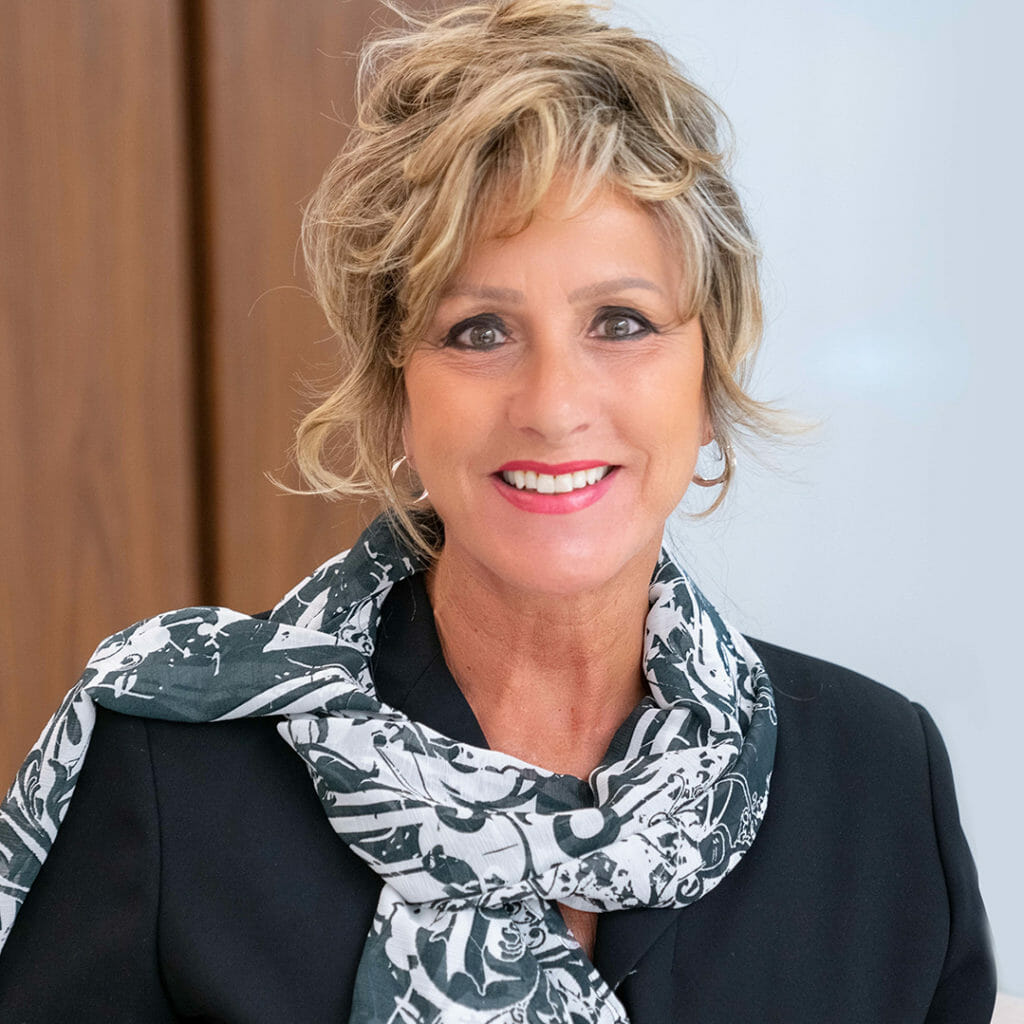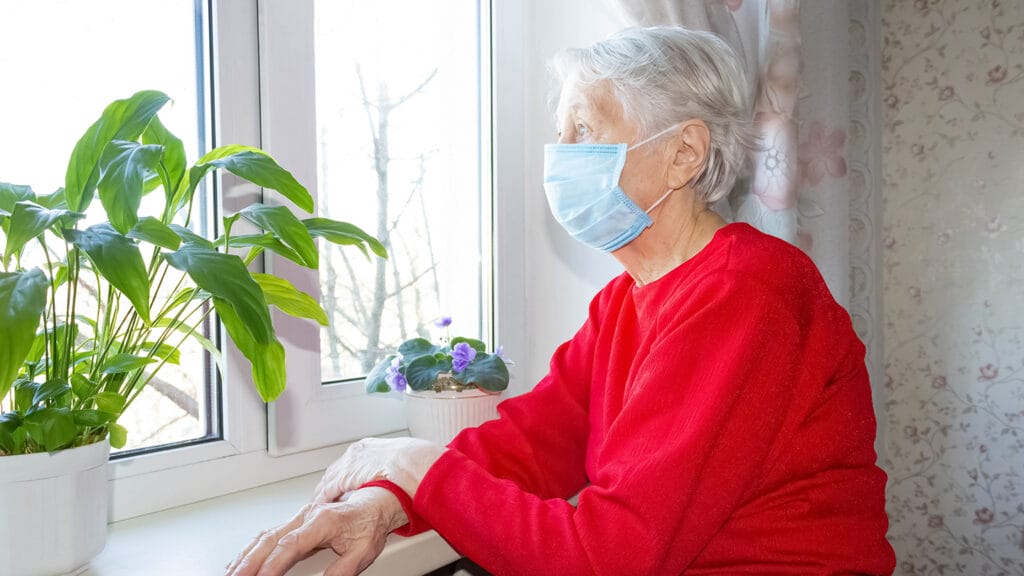
To fully understand why the U.S. healthcare system is spending $4 trillion a year, or 18% of its gross domestic product (GDP), on a delivery system that is failing to meet our nation’s needs, listen to the stories of Robert and Martha. Both come from different social situations, and have cost Medicare, Medicaid, and the U.S. taxpayers significant, yet preventable, dollars in the last years of their lives.
Robert was a 68-year-old with no family. He lived alone in a small apartment on the fourth floor with no elevator and no air conditioning. Summer made the smell of mold in his apartment even worse. There was stale food in the refrigerator and no means of cooking or obtaining regular meals. His neighbors rarely checked on him, so Robert called 911 every few days.
The EMTs would regularly show up and transport him to the city hospital. For 264 days that year Robert was fed, laid in a clean bed and had caring people tend to him. The total cost of Robert’s 911 calls and ED visits to Medicaid exceeded $500,000 in a single year. Robert’s diagnosis: depression, social isolation and hypertension.
Martha lived just an hour away from Robert. At 94, she was in the best assisted living facility money could buy, had a loving family that visited regularly and an active social life. A few medical issues and bouts of confusion led Martha to make a series of 911 calls. EMTs would bring an ambulance and residents would line the halls to send off a smiling Martha, the center of attention.
Martha called 911 three times in one week, a costly social event for Medicare. The hospital ED nurses called her a “frequent flier” and would chat about her family while she received a complete medical workup, scans, bloodwork and more. The test results were always normal. Despite having friends and family, her diagnosis included social isolation and minor dementia. Martha’s 911 calls and ED visits cost Medicare more than $25,000 in one year.
The biggest drivers of unnecessary ED use is social isolation amongst older adults and the need for appropriate mental health care, according to an analysis by Charlotte, NC-based Premier, which found that eliminating unnecessary ED visits for mental health could save $4.6 billion. Premier also estimated $8.3 billion is spent each year on emergency department care that could be provided in another location, such as the person’s home. Data proves significant cost savings can be achieved by assessing and treating people in “the place they call home” — a low cost, high quality, and patient-preferred option.
Enter the Choose Home Care Act of 2021 that has been introduced in the U.S. Senate and now the U.S. House of Representatives. The legislation, which has bipartisan support and backing from the National Association for Home Care and Hospice (NAHC), the Partnership for Quality Home Healthcare (PQHH), AARP and others, is designed to promote value-based care by modernizing the Medicare Home Health Benefit so seniors can recover at home.
The Choose Home Care Act offers a rare win-win-win at the perfect time. The Medicare Trust Fund will spend less when patients recover with support at home. Medicare beneficiaries won’t pay out-of-pocket expenses and facility co-insurance so they can finally receive supportive care that addresses medical needs and other social determinants of health. And Medicare home health providers will have an expanded and steady patient referral stream to care for complex and post-acute patients.
Healthcare delivery started in the home and it’s time we come full circle in our approach to meet patients where they are and align with the value-based care models Medicare needs to remain viable. Addressing the social determinants that prompted Robert and Martha’s ED visits and resulting costs will guide us out of our nation’s healthcare and financial crisis. The Choose Home Care Act of 2021 will achieve this.
Deborah Hoyt leads Axxess’ involvement in all public policy discussions to advance legislative and regulatory issues to elevate the entire home healthcare industry.



